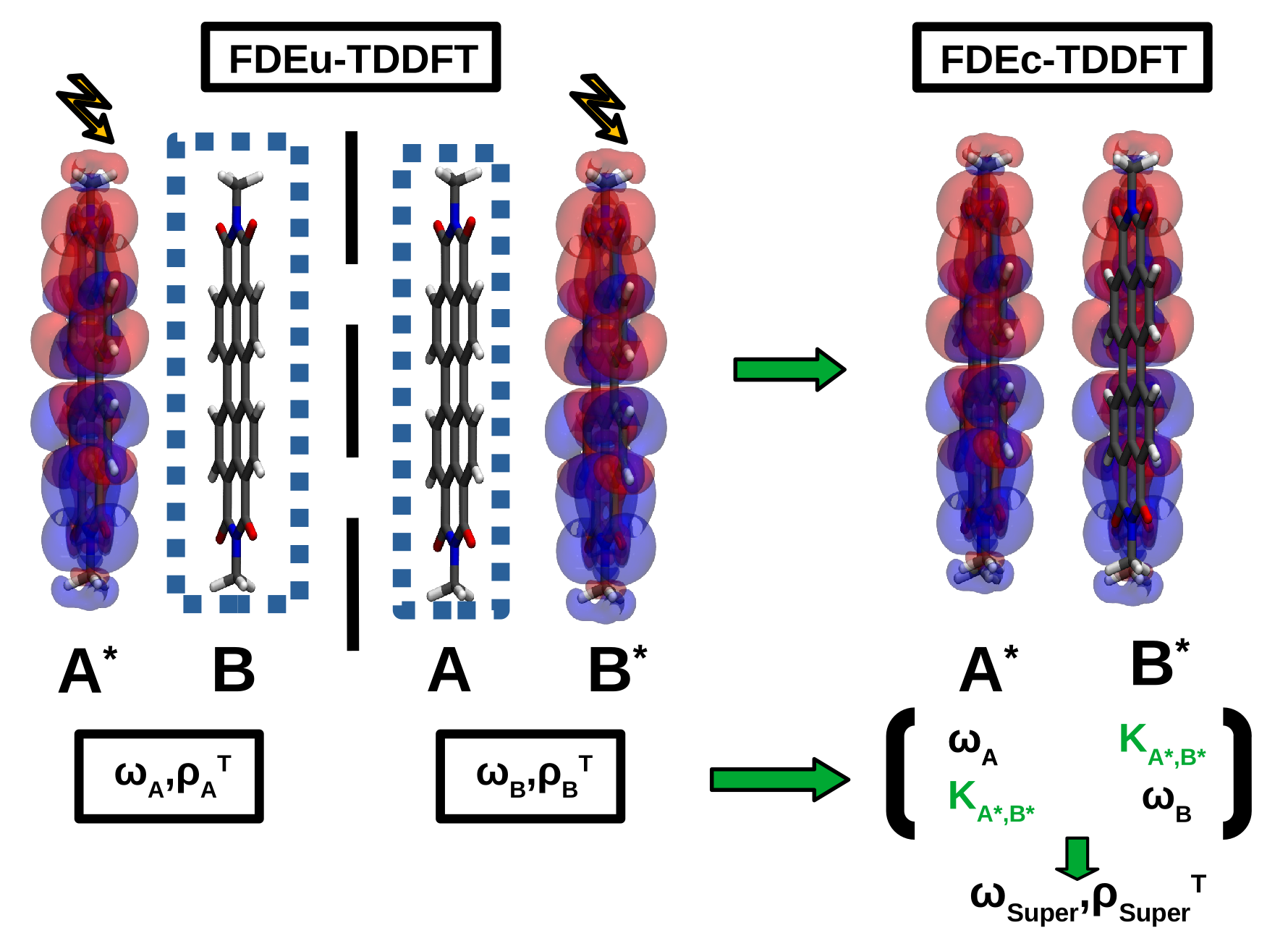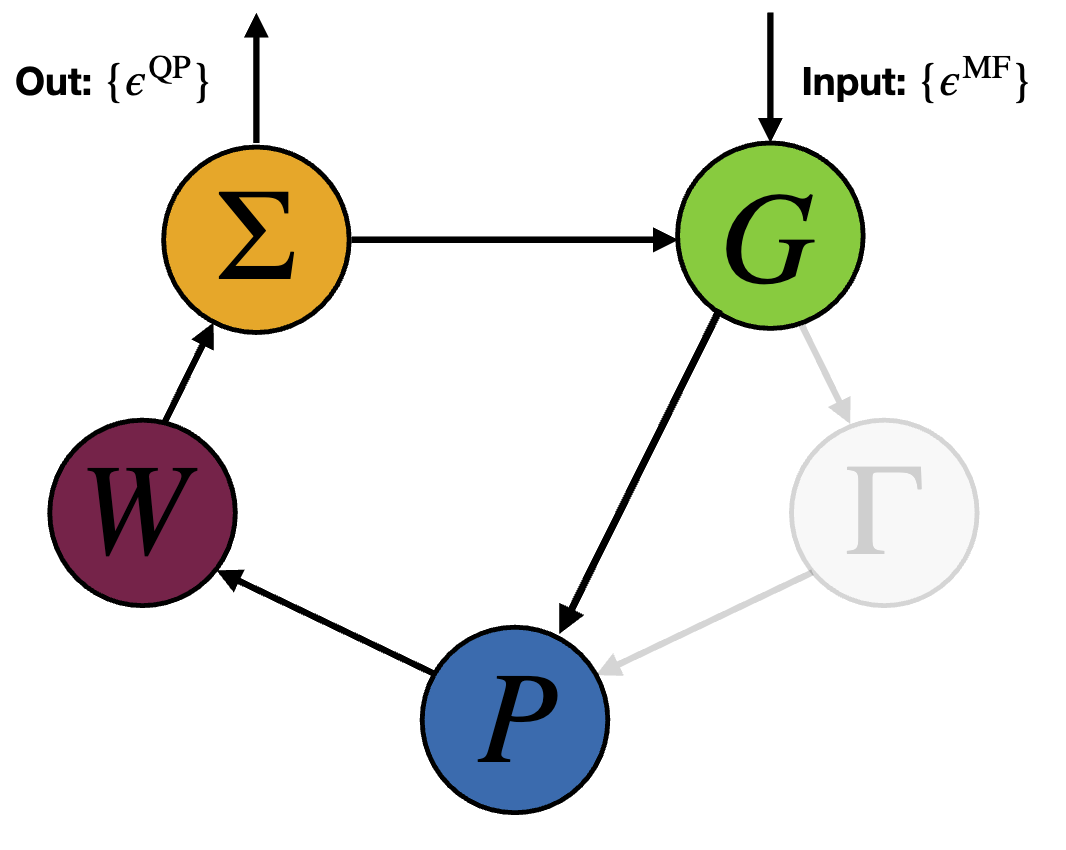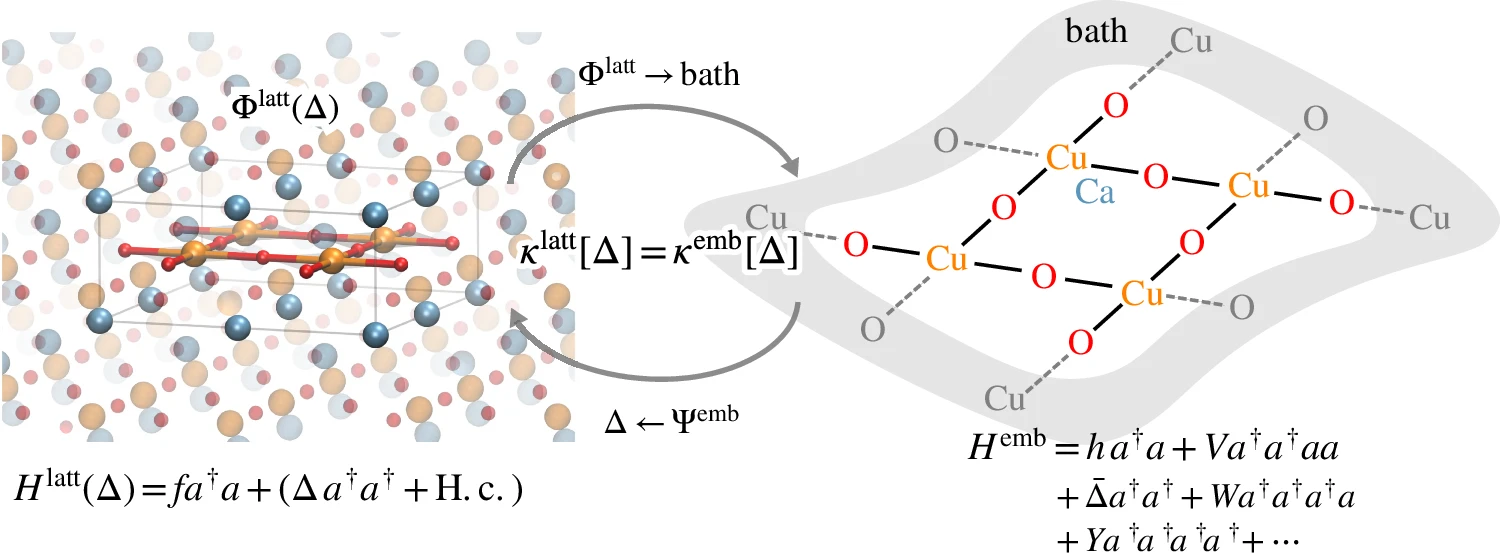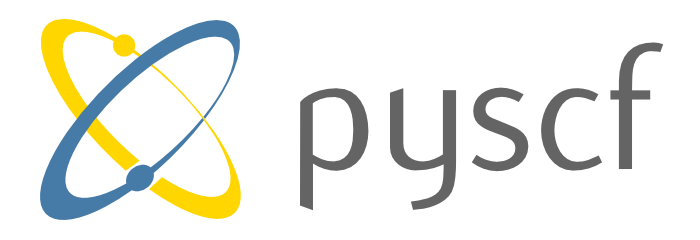We are a junior research group focussing on developing efficient and accurate electronic structure methods that enable the simulation of quantum mechanical properties of molecules and materials in their ground- and excited state.
- Photo-induced Processes
- Diagrammatic Electronic Structure Theory
- Quantum Materials
- Software



The methodological developments described above have been realized in three different quantum chemistry packages, namely PySCF, Serenity, block2.
PySCF is a python-based quantum-chemistry software that provides a ``simple, lightweight, and efficient platform for quantum chemistry calculations and methodology development’’. The most recent publication can be found here.

Serenity is a molecular quantum chemistry code mainly developed and maintained in the group of Prof. Dr. Neugebauer at the University of Münster.
The original publication can be found here and the newest publication can be found here.

The block2 code provides an efficient and highly scalable implementation of the Density Matrix Renormalization Group (DMRG) for quantum chemistry, based on the Matrix Product Operator (MPO) formalism. The block2 code is developed and maintained in Garnet Chan group at Caltech. The most recent publication can be found here.
